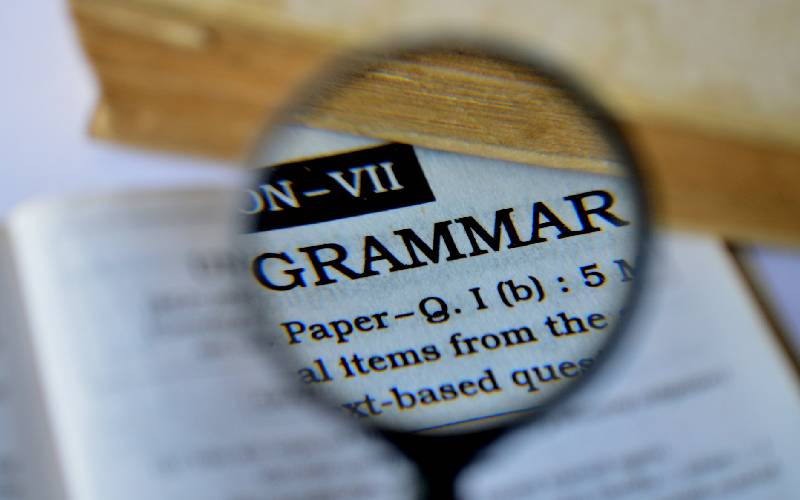×
The Standard e-Paper
Stay Informed, Even Offline

In quick succession, two despotic rulers on the African continent were unceremoniously shown the door after citizens took the gamble to throw off the yoke of oppression. The unfortunate fellows are Abdelaziz Bouteflika of Algeria and Omar al-Bashir of Sudan. The two leaders have been in power for so long, they overstayed their welcome in a rapidly changing world political dispensation.